
In this segment of Jack Kirby’s Kamandi series, we visit a version of 1920s Chicago that seems to be drawing on, or prefiguring, various other pop culture stories, and then move on to Monster Lake, home of intelligent, talking — and sometimes romantically inclined! — dolphins and killer whales. Kirby’s war experience again figures in a story, perhaps a fantasy about what he’d have liked to say to a warmongering general. Tim and Emmet try to get their sea legs for some very wet stories.
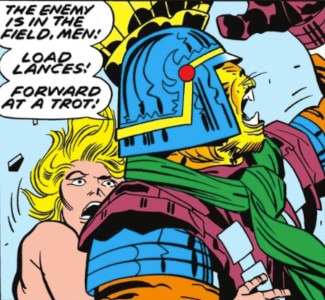 Jack Kirby, from Kamandi issue 1 |
 Don Ahe |
Brought to you by:
Podcast: Play in new window | Download

 This week we continue our look at Jack Kirby’s run on Kamandi, another of the DC properties he created. Tim and Emmet find that issues 11 through 18 include a giant insect, a violent horse race, another standout issue in the mode of issue 7’s King Kong story, a clue as to how the animals became intelligent, and more.
This week we continue our look at Jack Kirby’s run on Kamandi, another of the DC properties he created. Tim and Emmet find that issues 11 through 18 include a giant insect, a violent horse race, another standout issue in the mode of issue 7’s King Kong story, a clue as to how the animals became intelligent, and more.
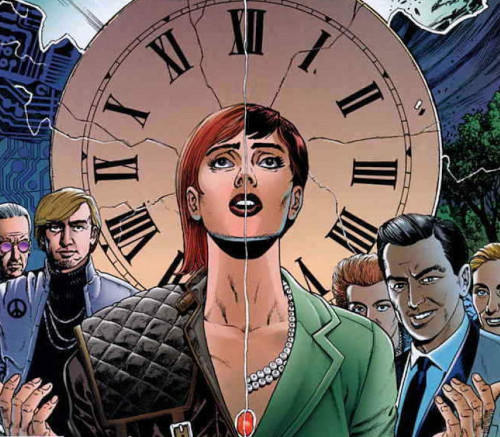

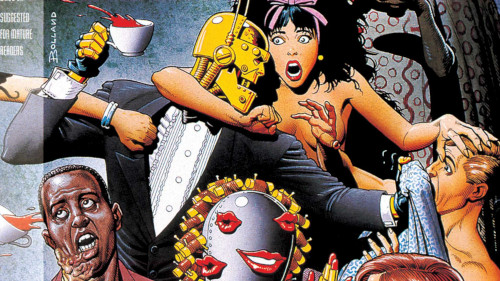
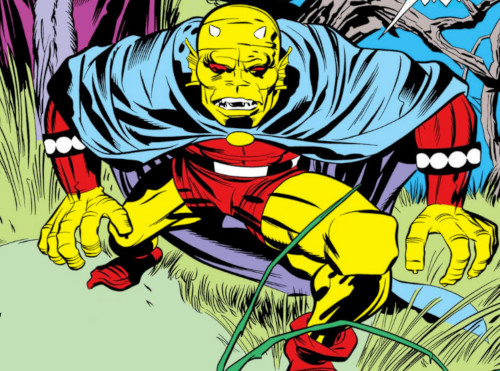 After leaving DC’s Jimmy Olsen book, Jack Kirby needed something else to keep his monthly page count up to the level he had contracted for. One of the books he came up with was The Demon, the result of his being asked to do a “monsters and mystery” book. But Kirby didn’t have a lot of interest in that genre; was that to the disadvantage of the book, or to its advantage? Tim and Emmet discuss this 16-issue series.
After leaving DC’s Jimmy Olsen book, Jack Kirby needed something else to keep his monthly page count up to the level he had contracted for. One of the books he came up with was The Demon, the result of his being asked to do a “monsters and mystery” book. But Kirby didn’t have a lot of interest in that genre; was that to the disadvantage of the book, or to its advantage? Tim and Emmet discuss this 16-issue series.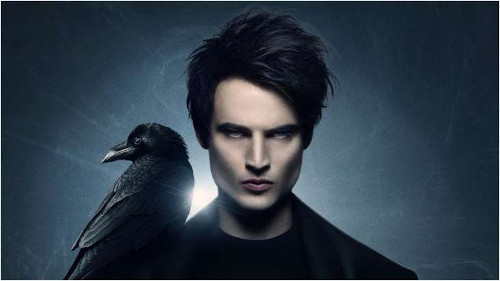
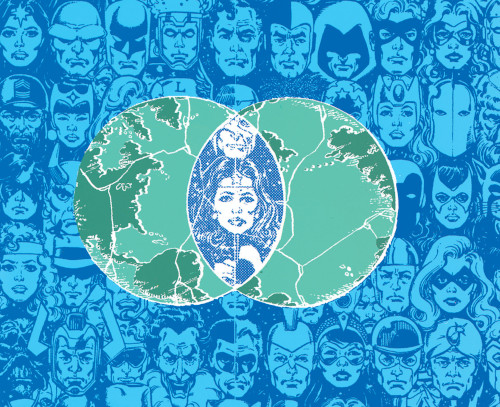
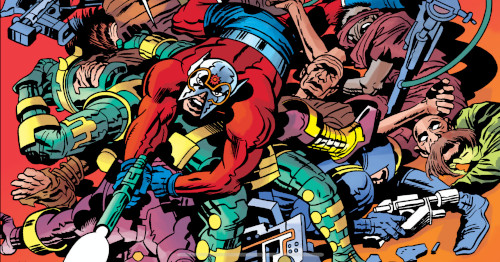 Jack Kirby’s final Fourth World story is the 1984 graphic novel The Hunger Dogs, which continues some of the themes we saw in Even Gods Must Die, such as the encroachment of technology. Tim and Emmet complete their reading of the Fourth World and ponder how aware George Lucas may have been of the New Gods.
Jack Kirby’s final Fourth World story is the 1984 graphic novel The Hunger Dogs, which continues some of the themes we saw in Even Gods Must Die, such as the encroachment of technology. Tim and Emmet complete their reading of the Fourth World and ponder how aware George Lucas may have been of the New Gods.